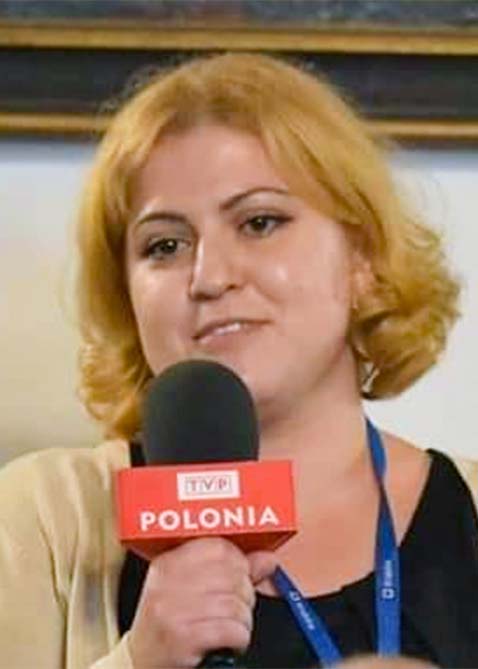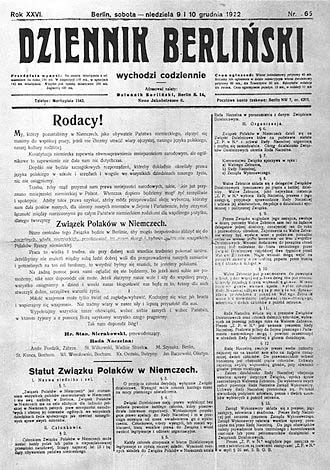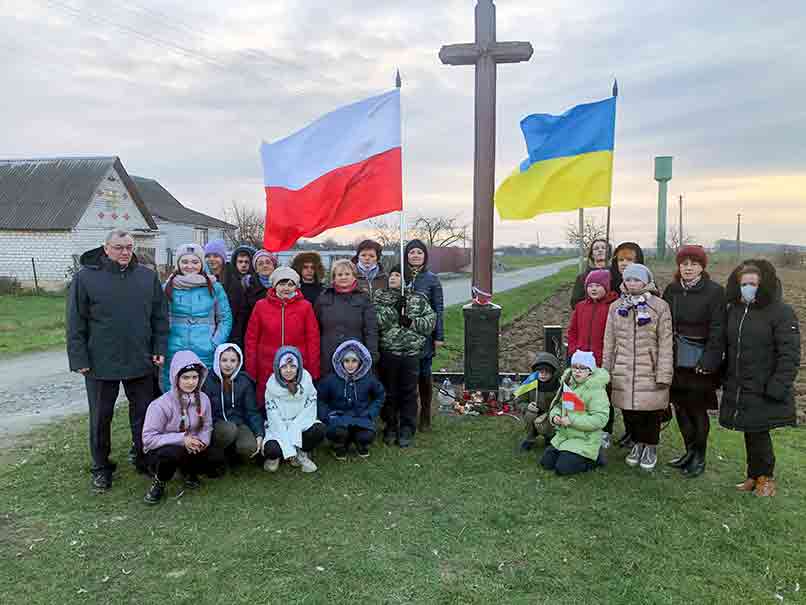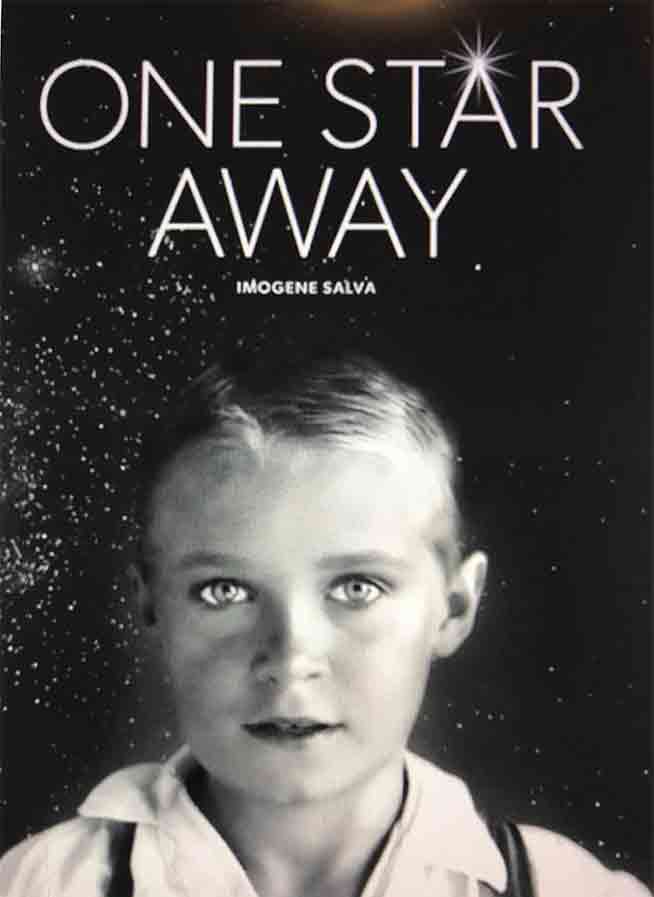The year 2021 is important and very significant in the history of the Union of Poles in Armenia, as we are celebrating the 25th anniversary of our organization. The main celebrations are planned for the end of November, after the Independence Day and the Independence Run.
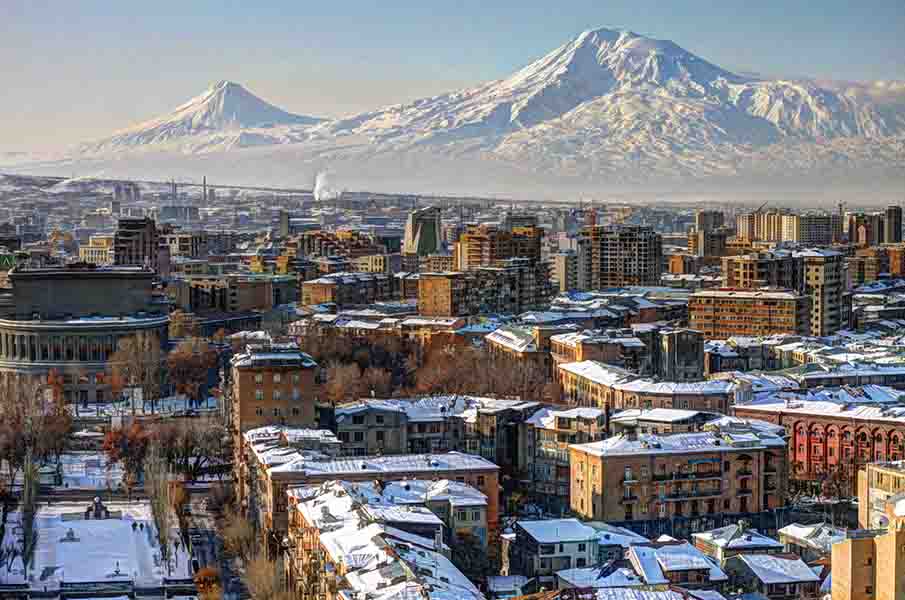
Yerewan (Source: Wikipedia)
It all started with the initiative of a group of people of Polish origin living in Armenia, who in 1995 decided to found a Polish community. Their main goal was to create an environment that would unite people with Polish roots and bring the Polish language, culture and traditions together.
Currently, the Polish community, which received its legal status in 1996, consists of over 200 people, including enthusiasts of Poland and its culture, and those who, not being of Polish origin themselves, nevertheless show great interest in everything related to Poland. There are probably many people of Polish origin in Armenia who have not explored their genealogy, have not found their roots, and do not know that Polish blood flows in their veins.
There are no concentrations of Poles in Armenia. Most of the families that make up the "Polish community" live in Yerevan. However, Poles and people of Polish origin also live in Gyumri, Spitak, Vanadzor, Stepanavan, Ashtarak, Etchmiadzin, and even in Nagorno-Karabakh. The Union of Poles in Armenia "Polonia" also has a branch in Gyumri, which was officially opened on October 28, 2017.
How did the Poles get to these places, far from their homeland? There is very little information about this. Nevertheless, several waves of emigration can be distinguished.
The first time Poles appeared in Armenia can be traced to the mid-nineteenth century, when experienced Polish soldiers in the Russian army participated in military operations in the Transcaucasia and Western Armenia (eastern territory of today's Turkey). Moreover, officials, engineers and teachers of Polish origin, came to Armenia from various parts of the Russian Empire. It is estimated that around 5,000 people with Polish roots lived in Armenia at the end of the 19th century.
The twentieth century opened a new period in the formation of Polish diaspora both in Armenia and in the entire Trans-Caucasus region. During the Armenian genocide in the Ottoman Empire in 1915, many Polish-Armenian families founded during the war in this part of the world fled to Armenia and settled there.
In the first half of the 20th century, the Polish diaspora was perceived as entrepreneurial, well-organized and integrated with the Armenian population. According to official data from 1926, 705 people admitted to their Polish roots. These figures are understated in the face of the Soviet ethnic policy.
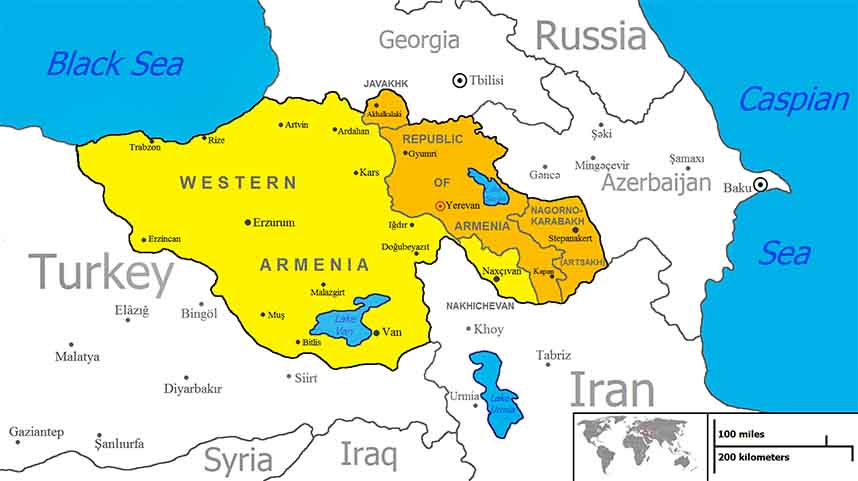
"United Armenia" (Source: Wikipedia)
In 1933, the arboretum "Soczut", also known as "Stepanawan Dendropark", was established in the province of Lori. by the Polish forester Edmund Leonowicz. He worked in the Armenian Forestry Commission and, in the town of Giulagarak, he began to bring numerous foreign species of trees and shrubs to the local forest, unheard of in Armenia at that time. Today, the guardian of the arboretum is his son Witalij Leonowicz.
The third wave of emigration occurred during World War II. The years 1939-40 were the times of mass deportations, especially of soldiers, to Siberia and Kazakhstan. From there, some came to Armenia after World War II. In addition, there are Poles in Armenia expelled from Western Ukraine, including those from Lviv and Brest.
The last wave of Polish migration to Armenia dates back to the beginning of the 21st century, when native Armenians began to return to Armenia, also from Poland. As a result of this reverse Armenian migration, new Polish immigrants appeared — mainly Polish-Armenian marriages.
At various times and for various reasons, Poles settled in Armenia, as did Armenians in Poland, where both nations have found and still find their place. Maybe because the fates of Armenians and Poles are so similar, it was and continues to be easy to integrate into the local community. One thing is obvious: mixed Polish-Armenian marriages are being formed — happy families in which children absorb the values and customs of the two nations.
Translation from Polish by Andrew Woźniewicz.



